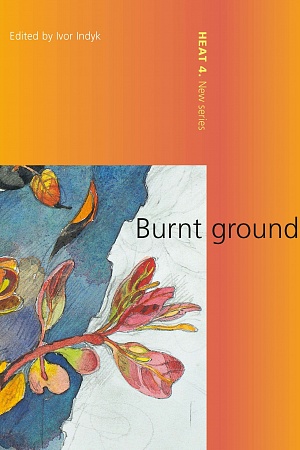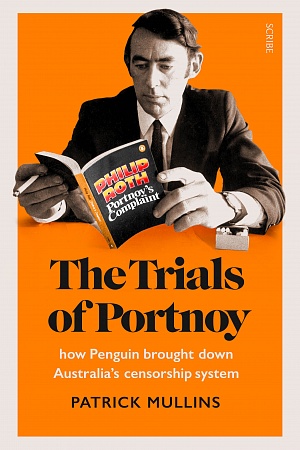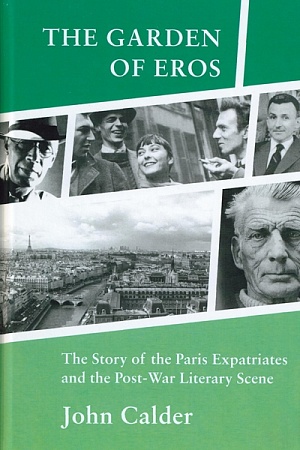Purgatorio
NYRB Classics, $32.99 pb, 483 pp
Wake up to yourself!

In Italy, Dante is known as il sommo poeta (‘the supreme poet’). Ironically, such reverence obscures the creative personality. We know Dante responded to the shock of being exiled from Florence in 1302 by writing a visionary poem of hell, purgatory, and paradise, in which his tormented life and feuding world were set right – but why did he do it? With little biographical evidence and no original manuscripts of the Commedia surviving, most translators and commentators prefer to concentrate on Dante’s myriad historical and theological sources. It takes a simple shift of logic to search them for the missing psychological evidence.
Continue reading for only $10 per month. Subscribe and gain full access to Australian Book Review. Already a subscriber? Sign in. If you need assistance, feel free to contact us.











Leave a comment
If you are an ABR subscriber, you will need to sign in to post a comment.
If you have forgotten your sign in details, or if you receive an error message when trying to submit your comment, please email your comment (and the name of the article to which it relates) to ABR Comments. We will review your comment and, subject to approval, we will post it under your name.
Please note that all comments must be approved by ABR and comply with our Terms & Conditions.